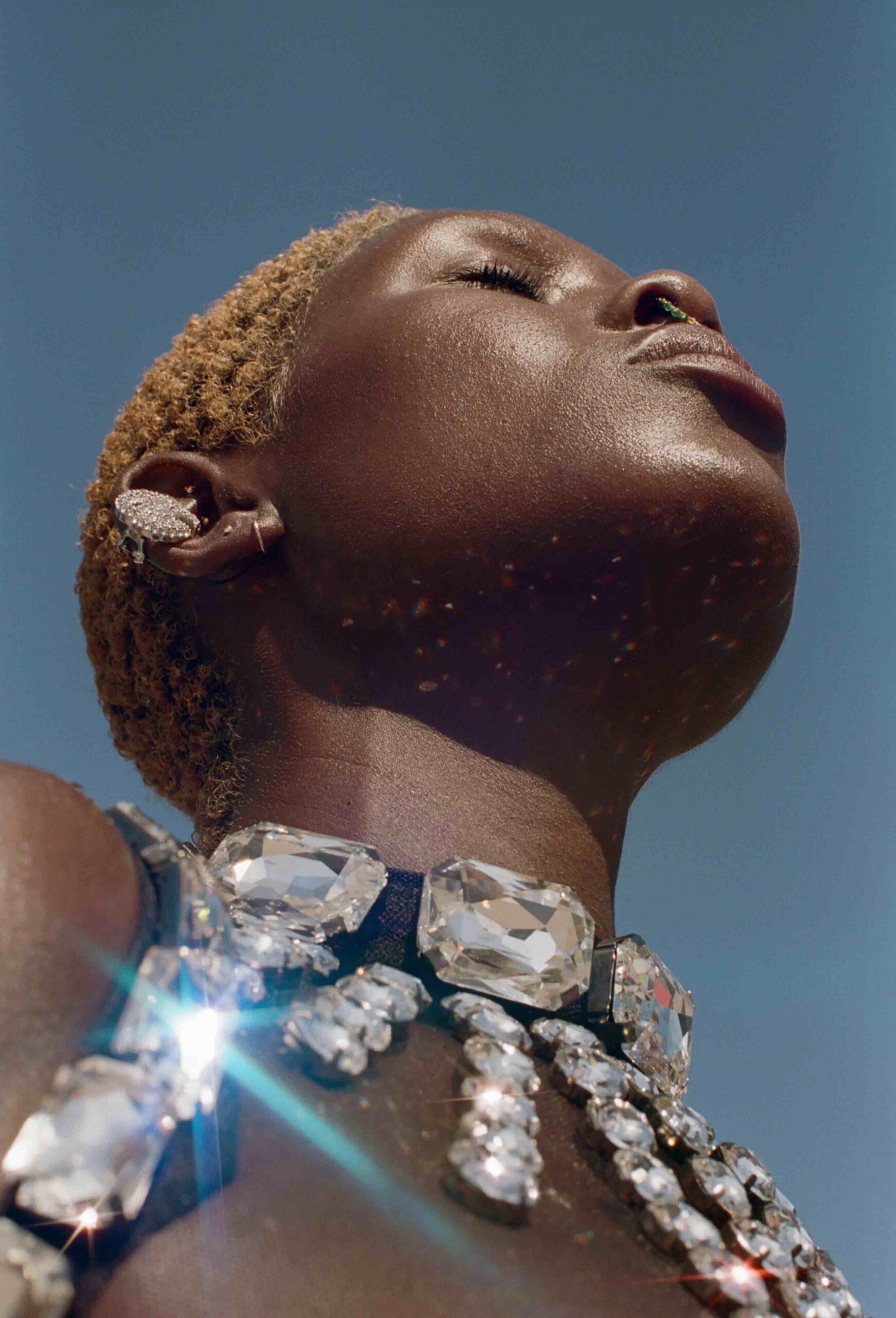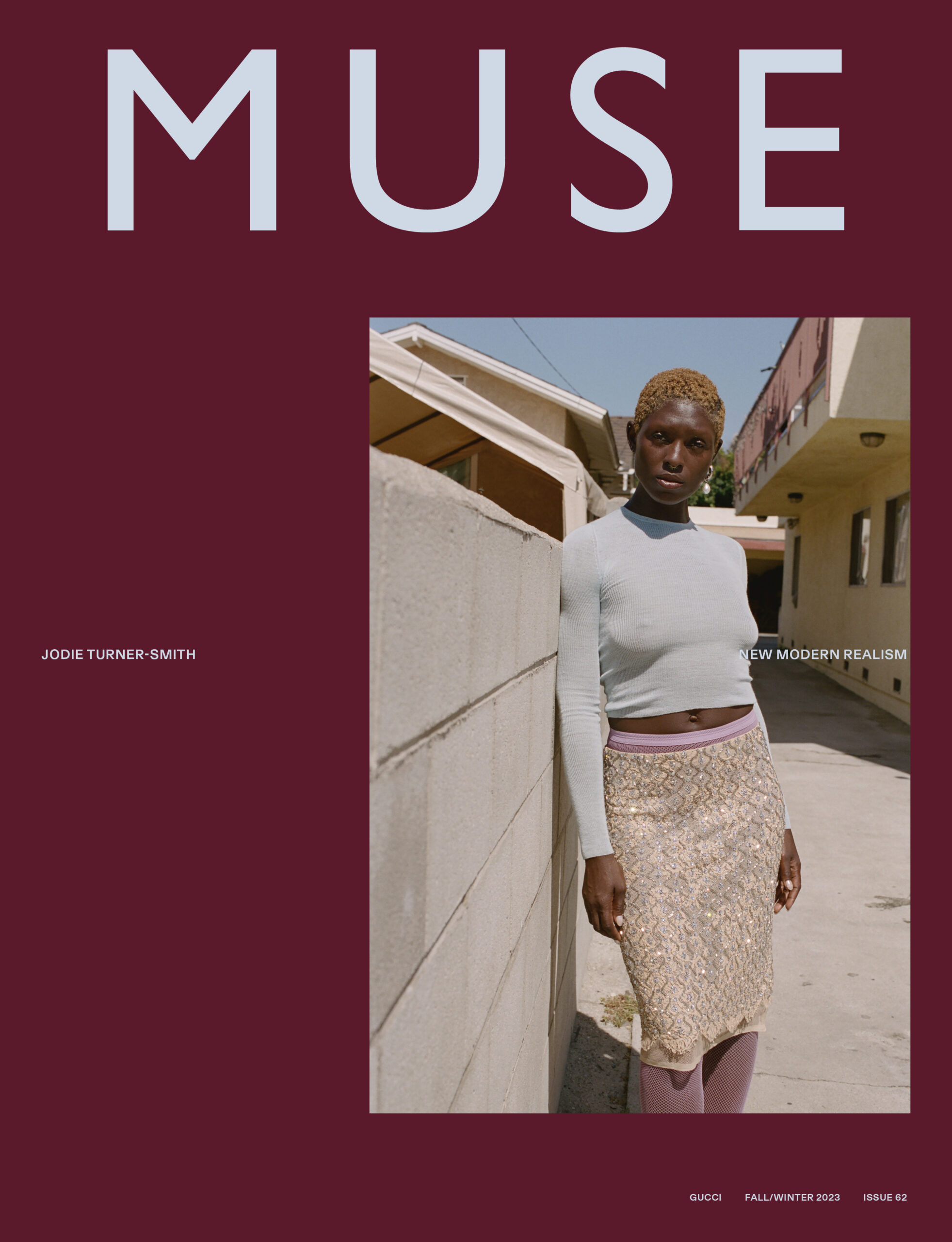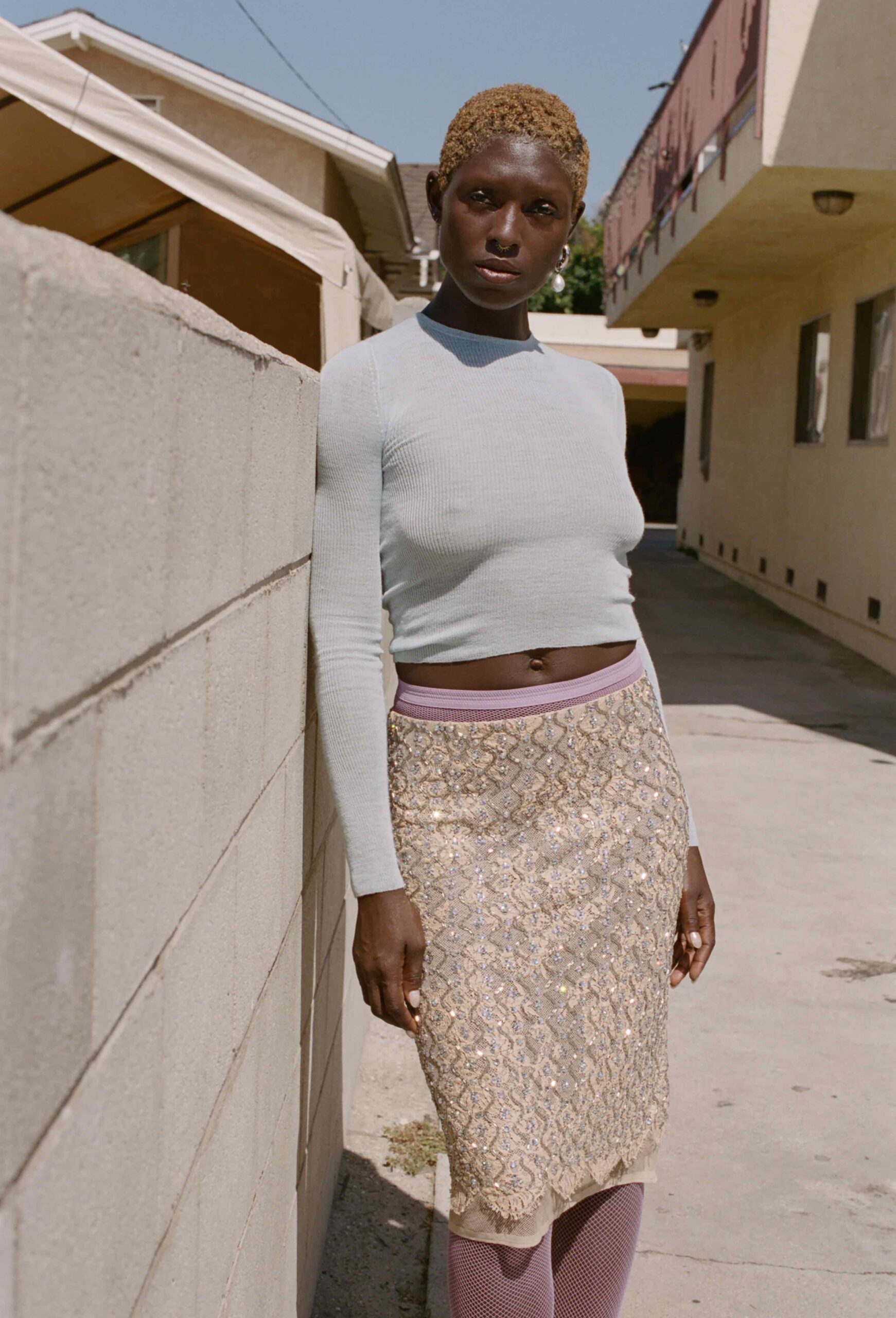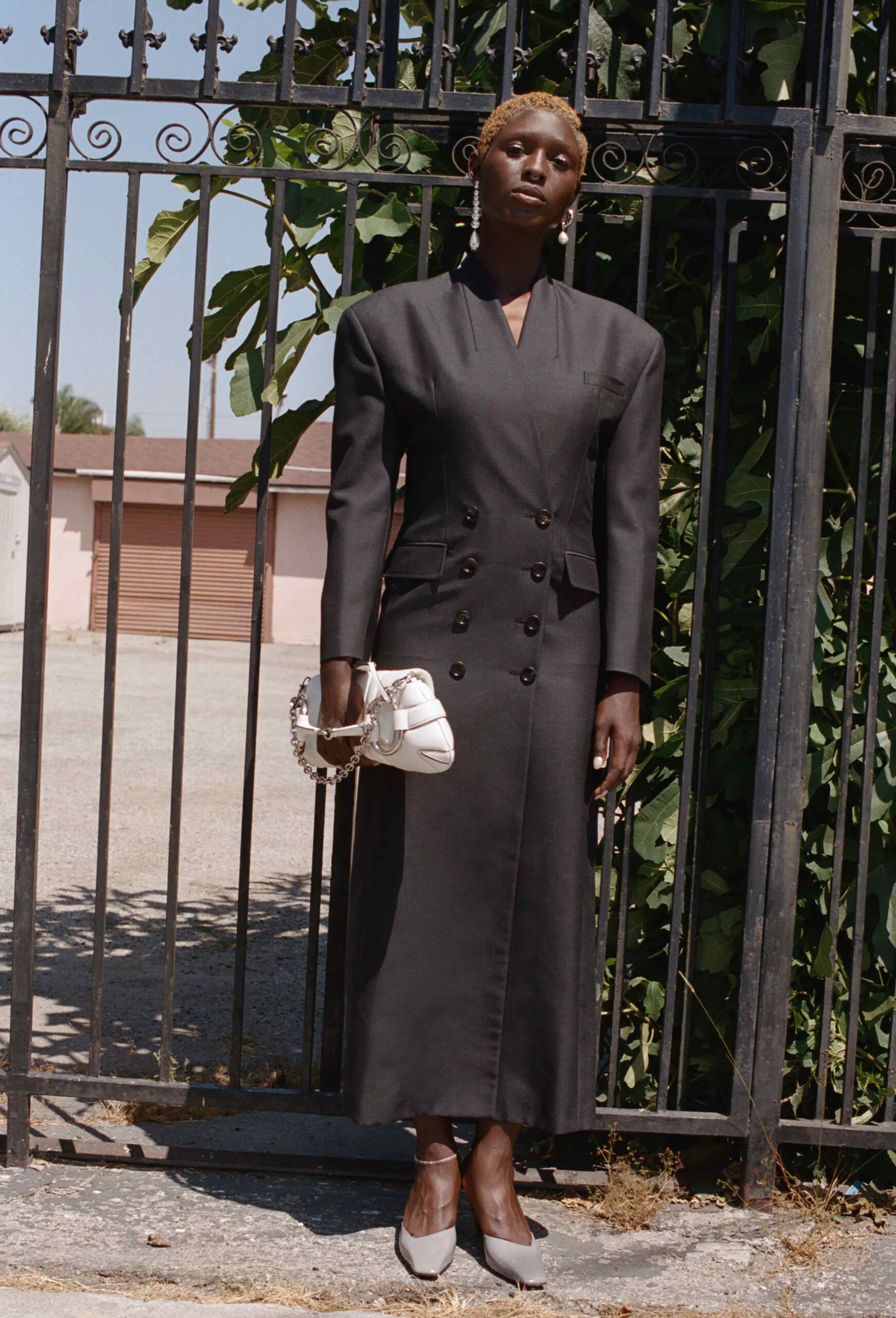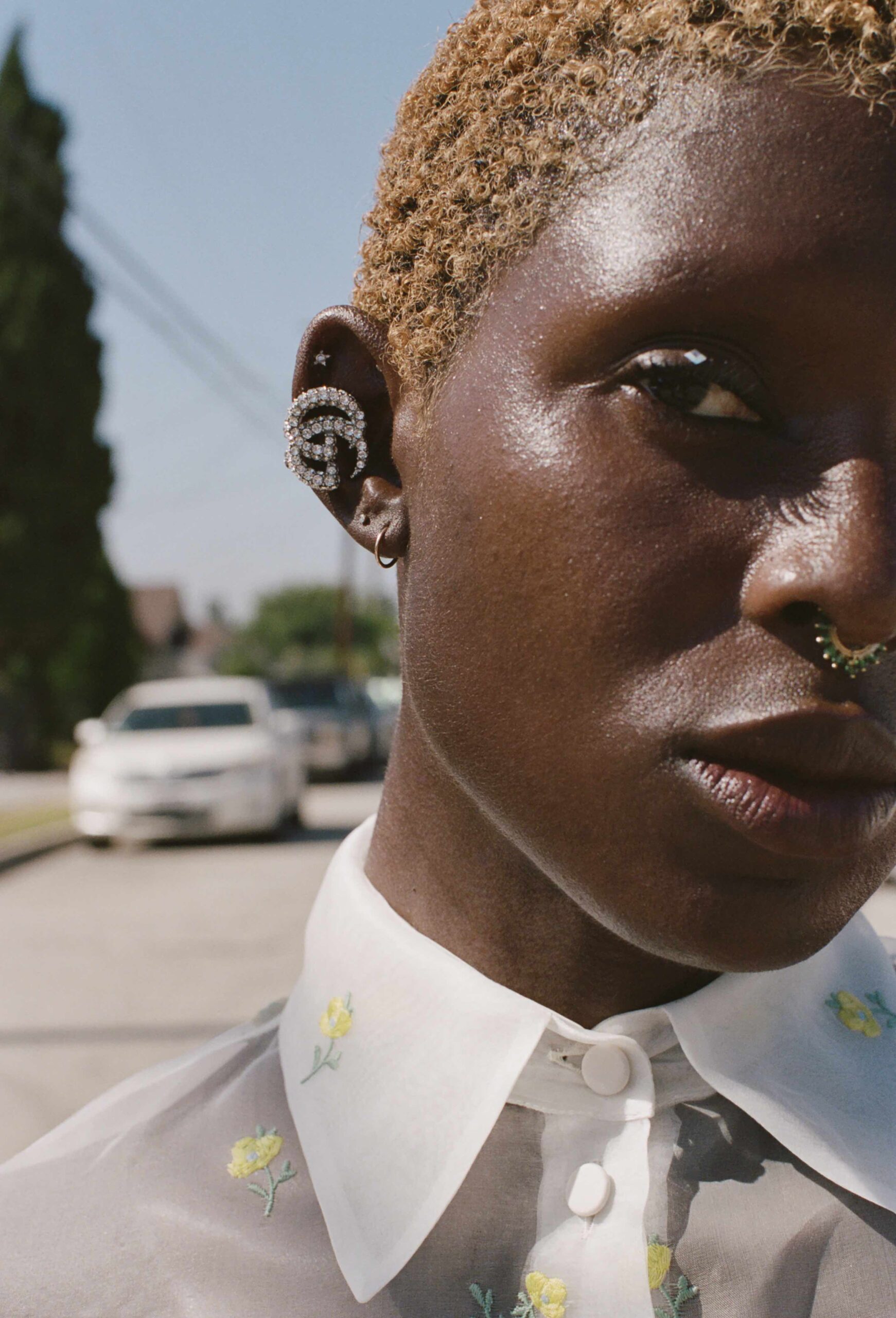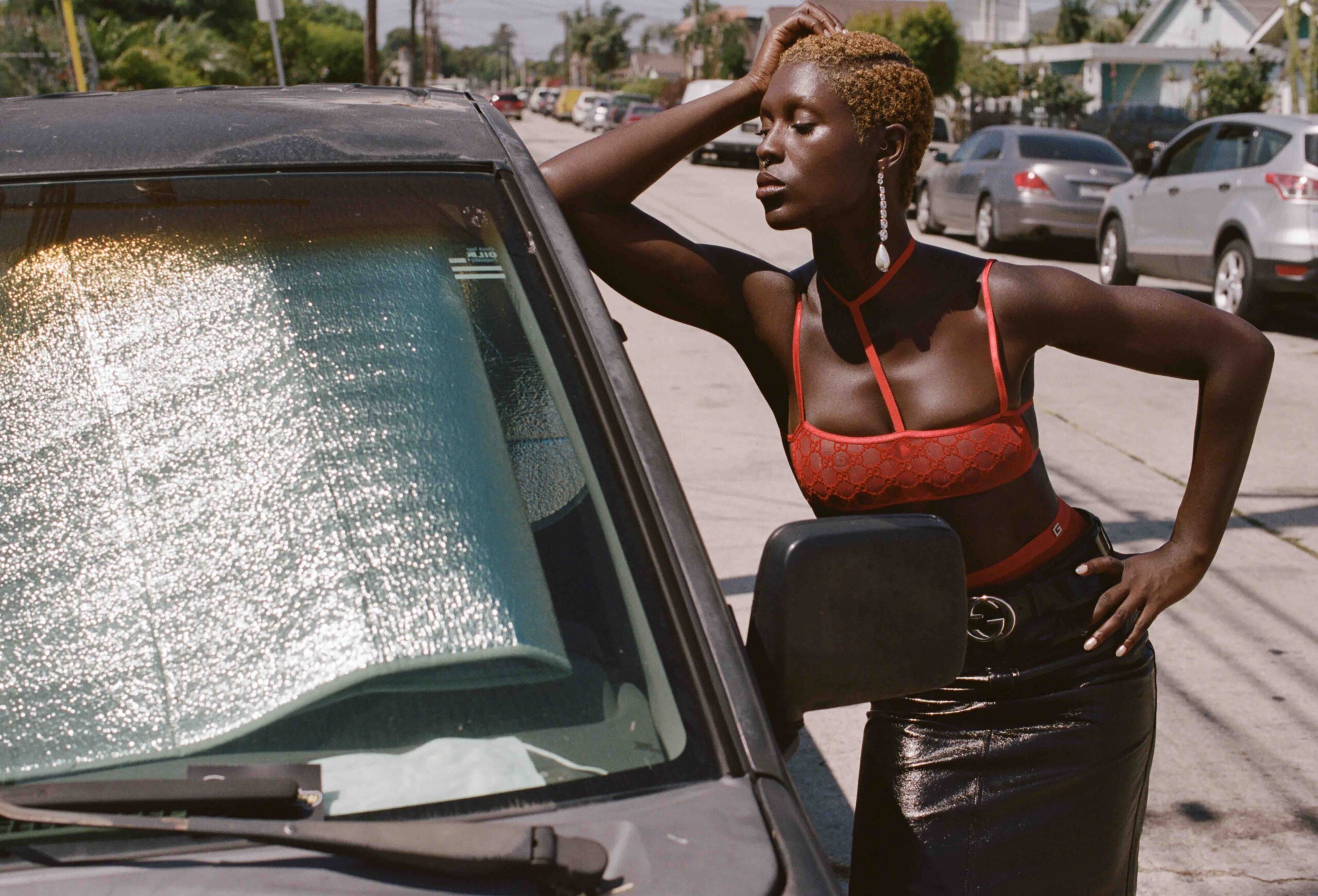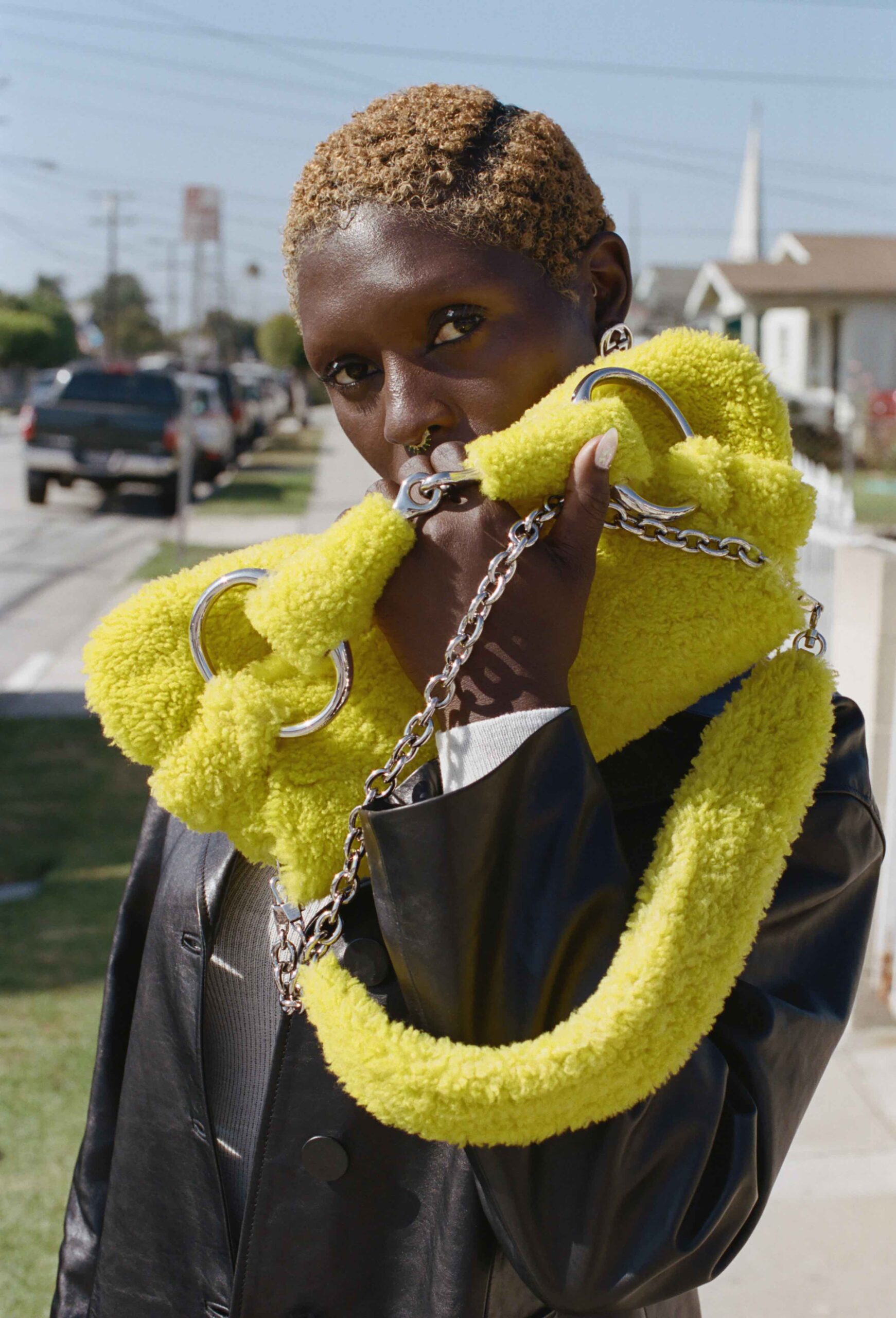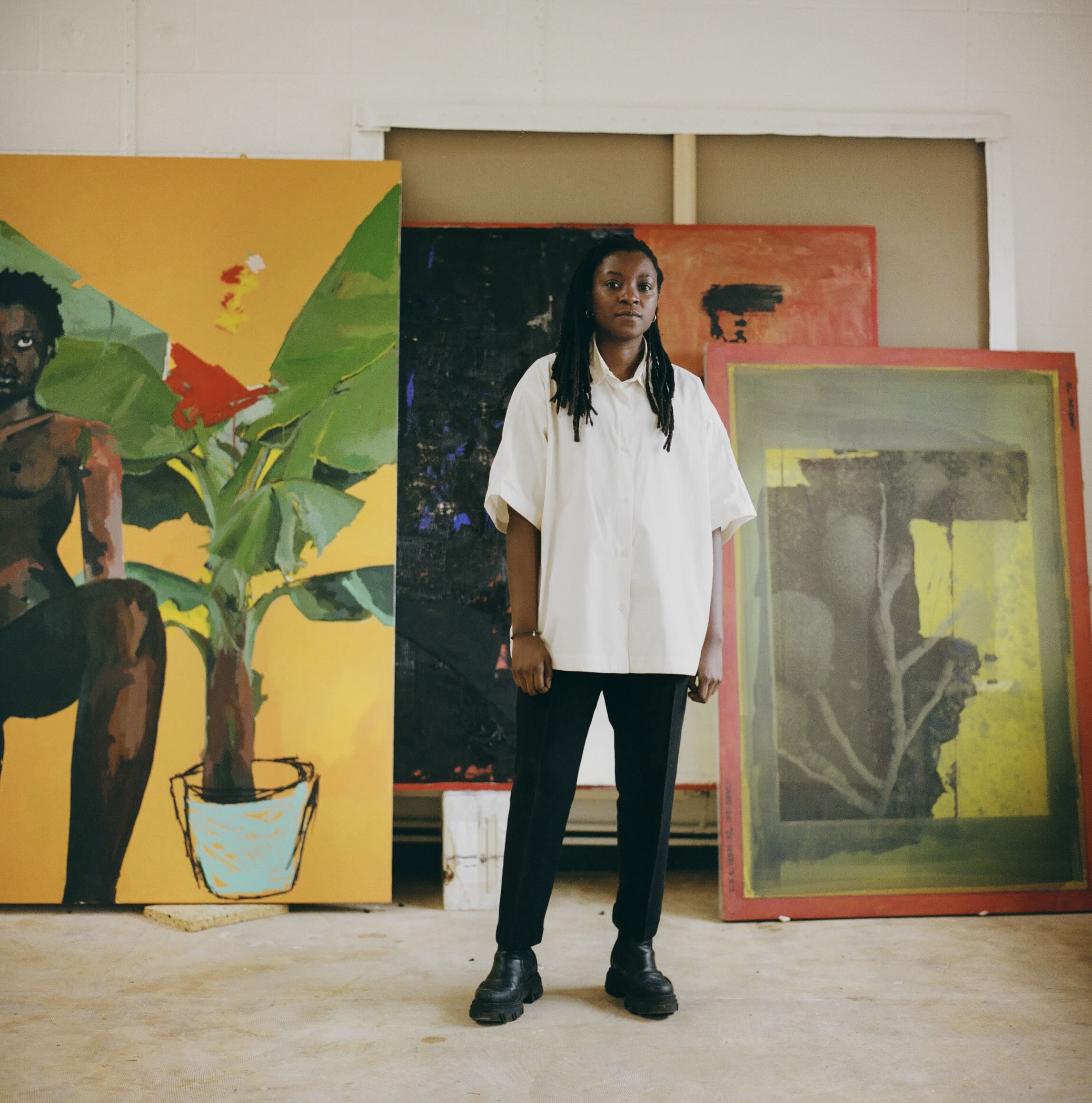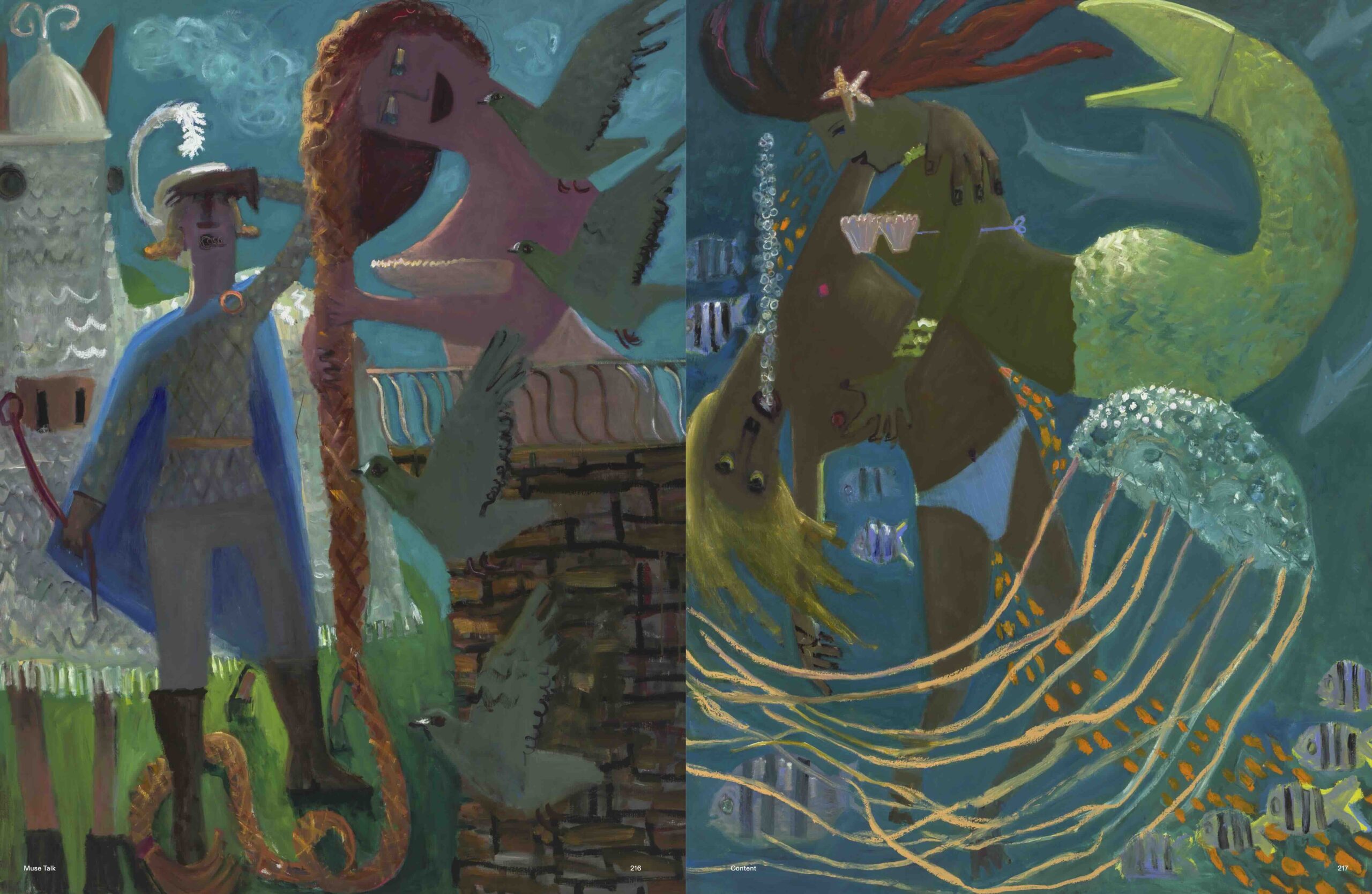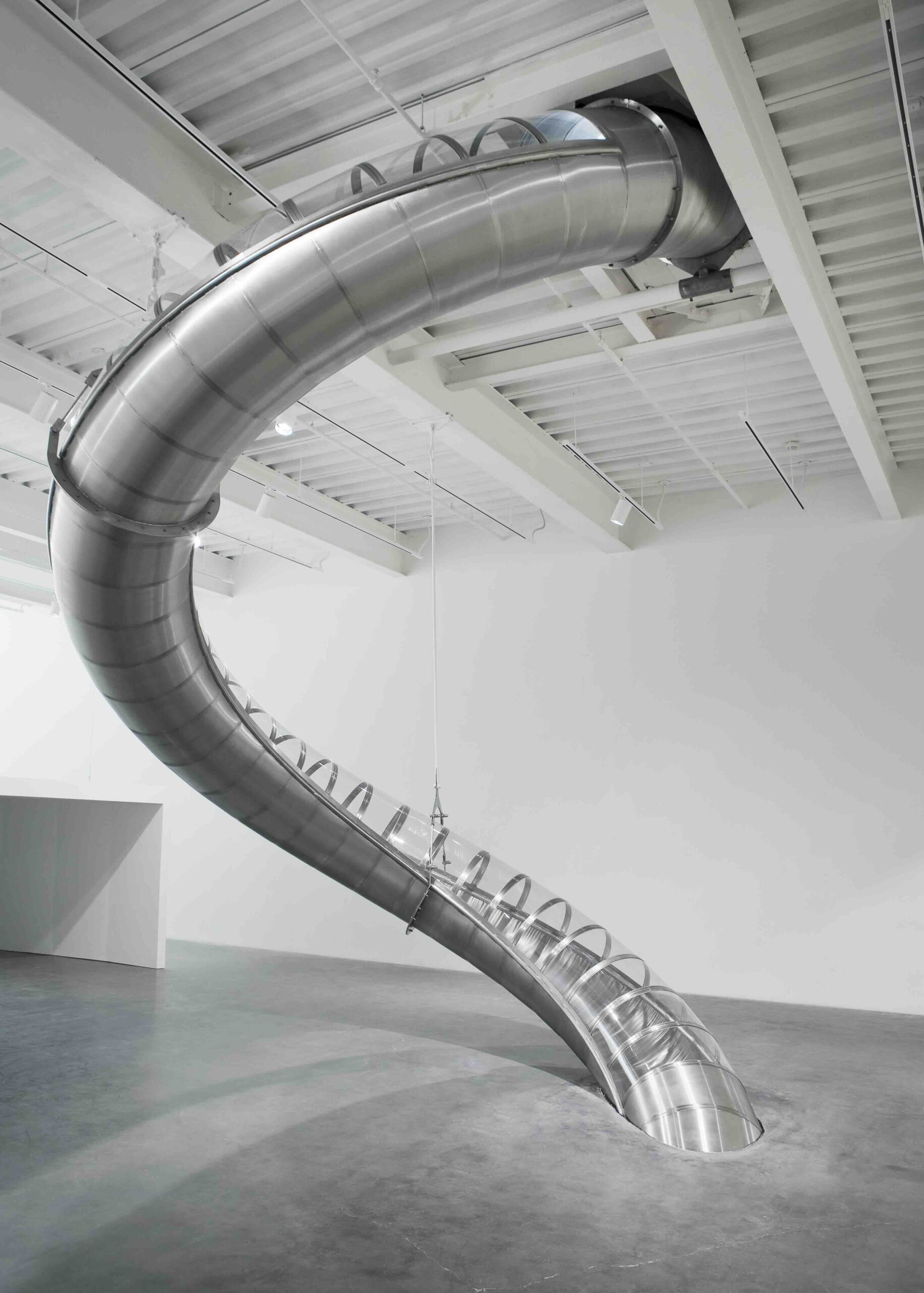JODIE TURNER-SMITH IN CONVERSATION WITH PAIGE SILVERIA
PS Can you tell me about your upbringing? Paint a picture of what the world that formed you was like? What were you like as a kid? What kinds of things interested you; what’d you do to play?
JTS I’d like to think that I was born to tell stories. Before I could read, I would invent stories to tell my mother. She tells me that I would begin a story when we left the house to run an errand, and stop and pick right back up as soon as we returned to the car. I started reading very early, at the age of 3, and even then I knew that words would open the entire world up to me. I would read everything I could get my hands on— the back of a cereal box, ingredient containers and spice bottles, letters, and of course, all the books I could find. Once i began school, I would read all of the books required for my year, plus the ones on the reading lists of my older brother and sister. The library was my favourite place to be. On Saturdays, once I was old enough, my mother would drop me off and I would stay there for hours devouring book after book and still checking out 10-14 to read that week before returning the next Saturday to do it all over again. My stepfather put lights and blankets in a cupboard beneath our stairs and made me a little reading nook, in which I would disappear for hours at a time, summoned only by the sound of my mother shouting that she’d been calling me for at least 15 minutes. It’s probably for that reason that my parents never thought I would have turned into an athlete. But I did. By the age of 13, I was playing football and then eventually track and field. I adored the spirit of competition. But I always, always came back to stories.
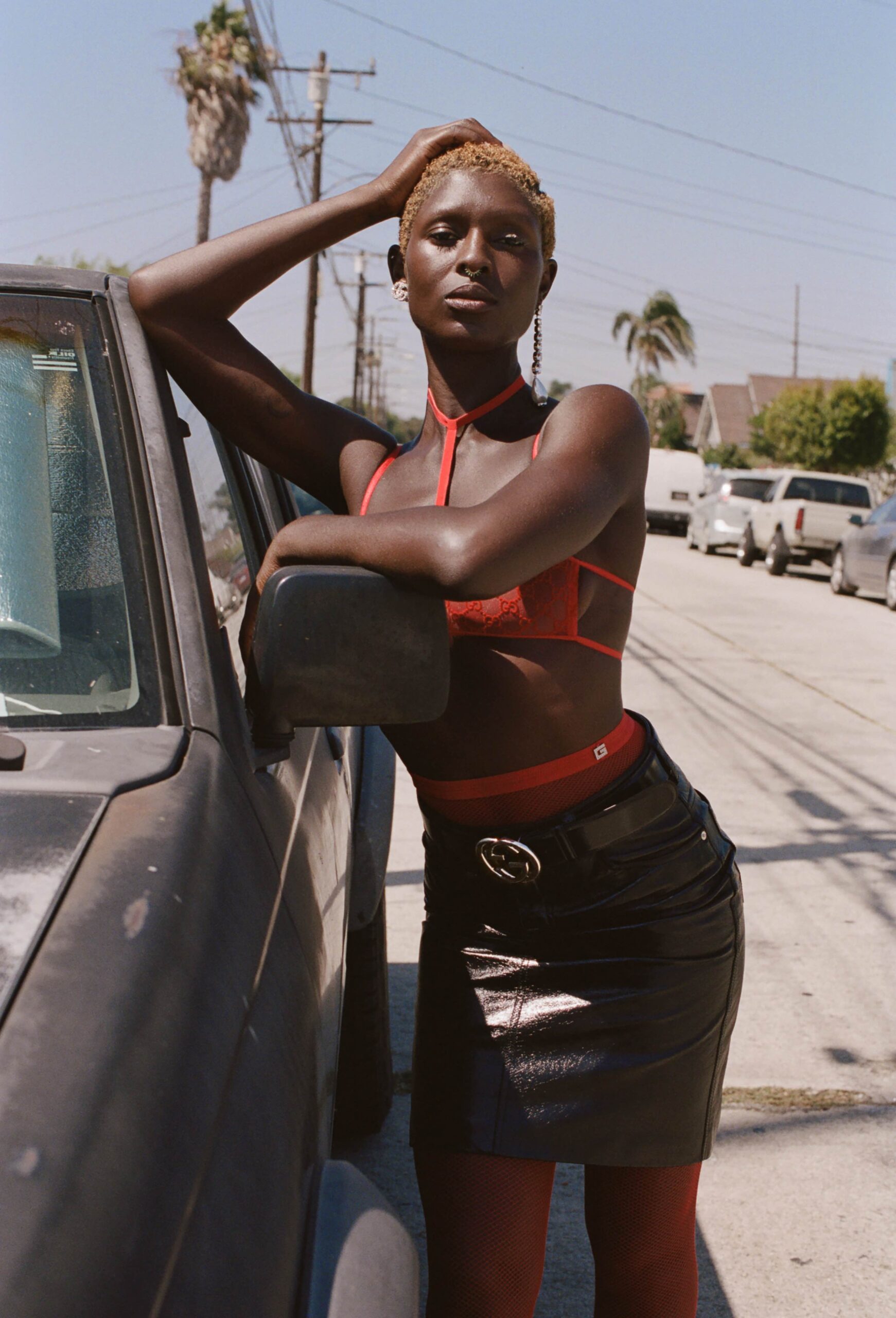
“I’d like to think that I was born to tell stories. Before I could read, I would invent stories to tell my mother. […] I played football and then track and field. I adored the spirit of competition. But I always, always came back to stories.”
PS What part of your Jamaican heritage has the biggest effect on you? How would you describe that culture?
JTS I was raised in a Jamaican family. Though we were in England and then eventually America, my parents—especially my mother— always sought out a community of culturally similar friends and acquaintances. I remember a house that always smelt of delicious food cooking, and then incense burning afterwards. More than that, I remember a house that was always full of people and laughter and their stories. It’s hard to quantify which part of my Jamaican heritage has the biggest effect on me.
PS I read that you’re very close with your mum. What was it like growing up with her? A medium told me that as spirits coming into our bodies, we actually choose our parents. I think that’s a really sweet idea.
JTS My mother is my very first best friend. It was she who taught me to read, to ride a bicycle (even though she didn’t know how to ride one herself!), to properly clean and shine a floor, to have style and elegance, and to destroy an opponent with a sharp tongue and severe glance. My mother, who has always been the one constant and most important parent in my life, wears her culture on her sleeve. I am grateful that she never, for the sake of assimilation, withheld Jamaican culture from me. She taught me to cook the food, she shared the music that she loved, and she passed down to me all of the mannerisms and cultural preferences and opinions of a jamaican. She is my inner monologue. Once I became a mother myself, it reaffirmed all of the things that I knew and even the things that I didn’t remember. I have a new appreciation for her and what she taught me and is still teaching me. We are closer now than we have ever been because now I am a woman and I see her as a woman, wholly and without the naiveté of a child. I am certain that I chose her. It was her spirit that I needed to guide me to become the person that I am in this moment.
Read the full interview on Muse September Issue 62.
